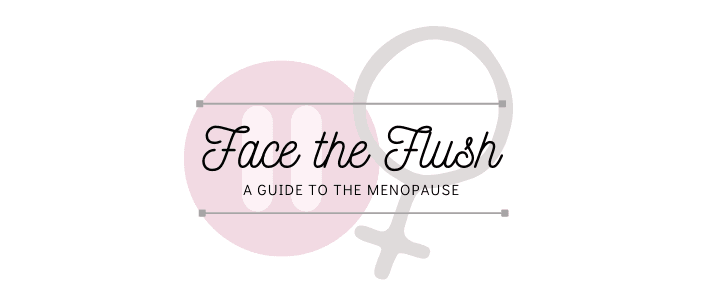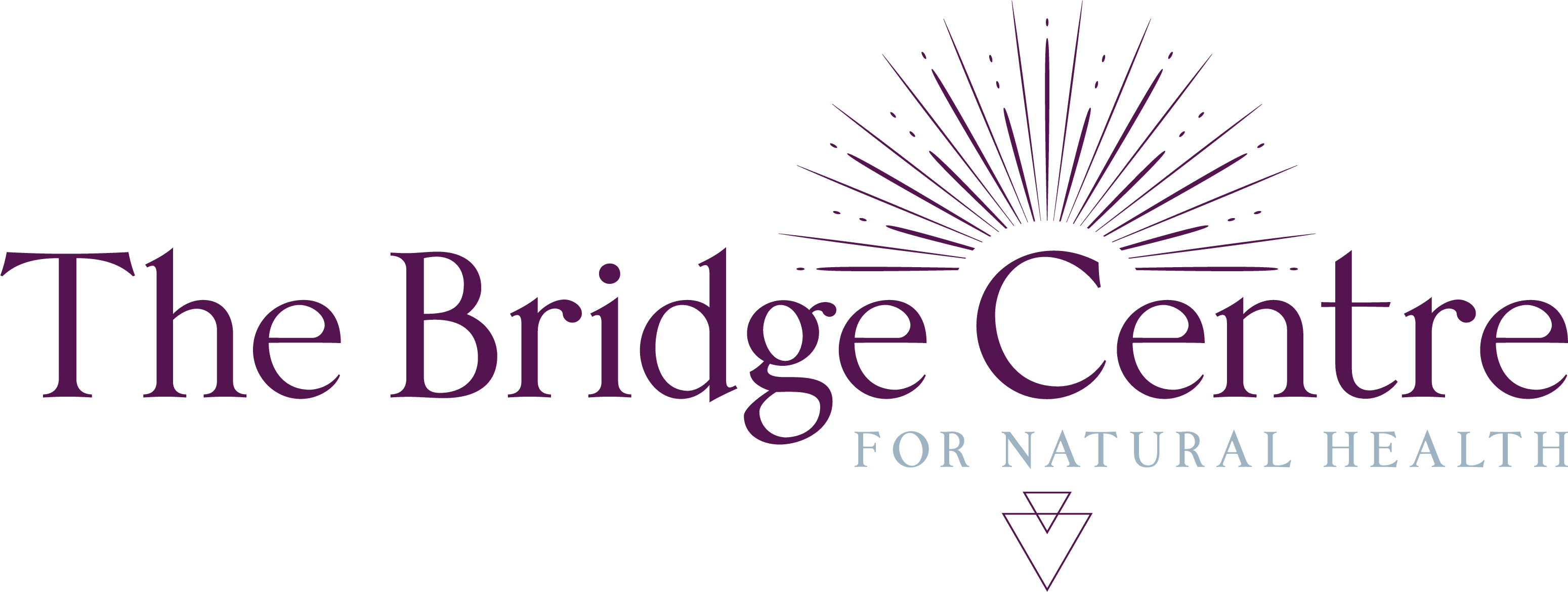Face the Flush – A Guide to the Menopause

The menopause might be a natural part of aging for women, but with its long-lasting and wide-ranging symptoms that can span several years, it might not feel like a very natural process at times! Here at The Bridge Centre we’re committed to helping you navigate these changes and supporting you to take control of the process and find your own path through menopause.
According to the NHS 8 out of 10 women experience symptoms beyond changes to their period. We’re often prepped to expect hot flashes, irregular bleeding and loss of libido, but there are actually many more symptoms that we may encounter as oestrogen levels decline, including insomnia, mood changes and even muscle and joint pain. You’re not alone and support is available, you don’t have to ‘put up with’ your symptoms or suffer in silence.
If you’re struggling with menopause, or experiencing symptoms before the age of 45 (the typical age of menopause occurring is between 45-55) we would recommend getting advice from your GP, who will be able to offer guidance and if required prescribe conventional treatments such as Hormone Replacement Therapy (HRT). [1]
However if you’ve done this and would like to explore complementary therapies which may offer additional support, we’ve put together this guide to help you get started on your journey.

Acupuncture
As a holistic therapy (one that focuses on the whole person), Acupuncture may be well suited to the wide-range of symptoms that can be experienced during menopause, both physical and emotional.
Studies have shown that Acupuncture may be beneficial for women experiencing hot flashes in-particular, as well as sleep disturbances. [2]
Osteopathy
One menopause symptom which is often overlooked is joint and muscle pain caused by changes to collagen levels.
Osteopathic techniques such as manipulation, joint articulation, gentle soft tissue and cranial osteopathy techniques may help to reduce stiffness and discomfort.
Massage Therapies
Massage is a great all-round therapy which may be able to support a wide range of menopause symptoms.
Using a combination of gentle manipulation and strokes, it can assist with improving range of movement and reducing discomfort particularly if you are struggling with muscle and joint pain.
A key benefit of massage is of course relaxation, but as well as supporting issues of restlessness, support through massage may also benefit those feelings of low mood and irritability that can occur during menopause. A study has also shown that massage may be able to assist with post-menopausal insomnia. [3]
Reflexology
Reflexology is based on the principle that there are reflex areas in the feet and hands that correspond to other parts of the body, and works on the belief that by treating the reflexes and breaking down any blockages, balance can be restored. [4]
Reflexology is highly relaxing, and, akin to Massage, a little time out for focused support may also help with the emotional-side of menopausal symptoms as well as releasing tension and encouraging rest.
We hope the above helps make menopause a little bit less daunting and seem a little more manageable. If you would like to speak to us about any of the complementary therapies outlined above please do get in touch via 01332 521 270 or email us at [email protected].
Links and References:
[1] NHS - Menopause https://www.nhs.uk/conditions/menopause/
[2] Efficacy of a standardised acupuncture approach for women with bothersome menopausal symptoms: a pragmatic randomised study in primary care (the ACOM study) https://bmjopen.bmj.com/content/9/1/e023637
Acupuncture Improves Peri-menopausal Insomnia: A Randomized Controlled Trial
https://pubmed.ncbi.nlm.nih.gov/29029258/
[3] Effect of massage in postmenopausal women with insomnia – A pilot study https://www.ncbi.nlm.nih.gov/pmc/articles/PMC3059875/
[4] What is reflexology? Can it relieve stress? -
https://www.mayoclinic.org/healthy-lifestyle/consumer-health/expert-answers/what-is-reflexology/faq-20058139


